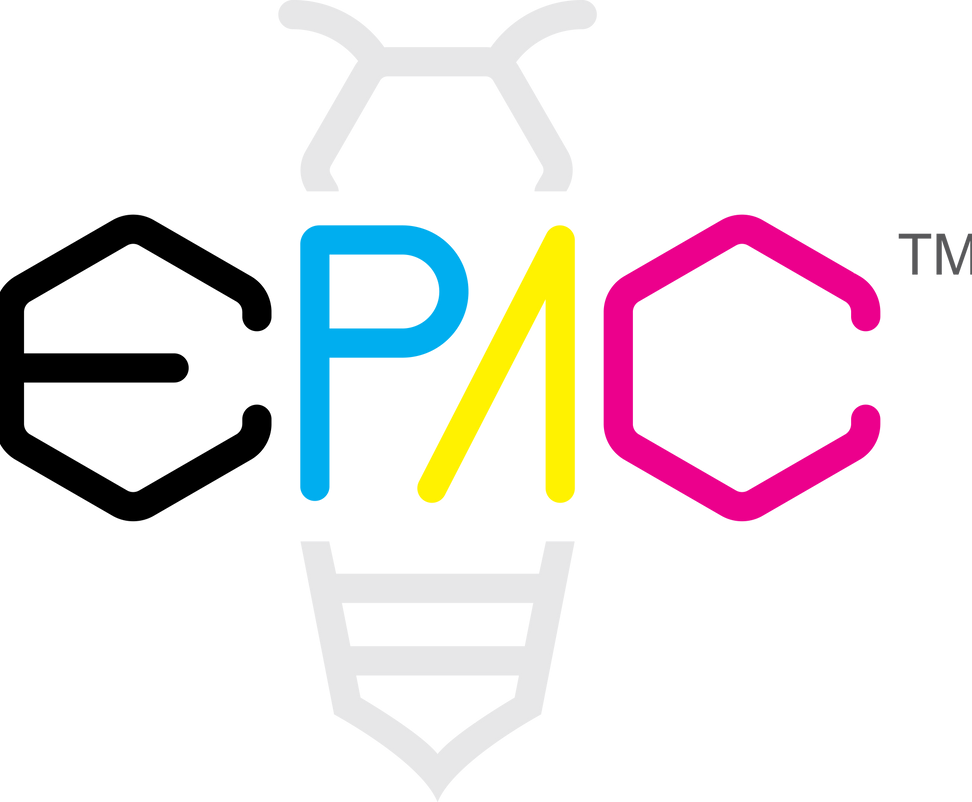How Life Cycle Analysis Helps You Choose Smarter Packaging
Step 1 – Sourcing 🌾
What raw materials are used? How and where are they obtained?
Step 2 – Production �⚙️
What energy, water, and resources are required to make your packaging?
Step 3 – Distribution 🚚
How does your packaging travel through the supply chain?
Step 4 – Use 🛍️
How does it function in real life—durability, protection, usability?
Step 5 – End of Life ♻️
Is it recyclable, compostable, reusable, or destined for landfill?
Life Cycle Analysis
Every packaging choice has a ripple effect. With LCA, we map the full environmental journey—from sourcing to production to disposal. Whether you’re evaluating a new material or redesigning a product, we show you the real impact behind the options—so you can optimize for both performance and sustainability.

An example of our analysis, comparing a previous box (red) against our improved box (blue) across 8 different attributes.
Discover the Full Impact of Your Packaging
EPAC’s Life Cycle Analysis (LCA) service helps brands make smarter packaging decisions—based on data, not guesswork.

What is LCA?
Life Cycle Analysis (LCA) measures the environmental footprint of a package or product across its entire life—from raw material sourcing through manufacturing, use, and end-of-life.
Why we offer it
We know packaging inside and out. Our LCAs combine environmental science with real-world packaging scenarios to guide better business decisions.
Use cases
Compare a legacy pack to a new, more sustainable version. Understand trade-offs between materials (e.g., compostable vs. recyclable). Validate your sustainability claims with credible data
The Value
Back your packaging strategy with hard data. Make transparent, defensible sustainability claims. Avoid greenwashing and earn trust

